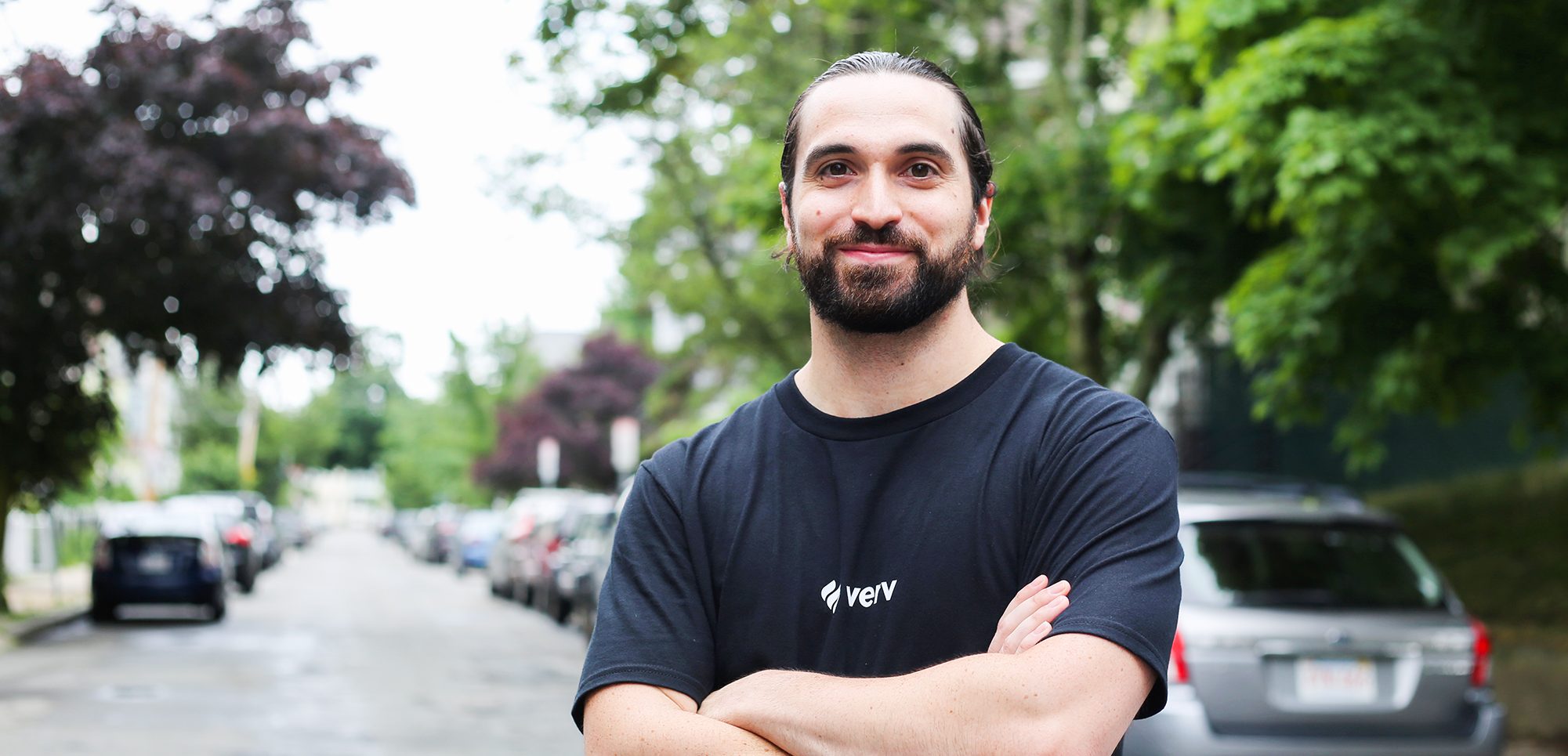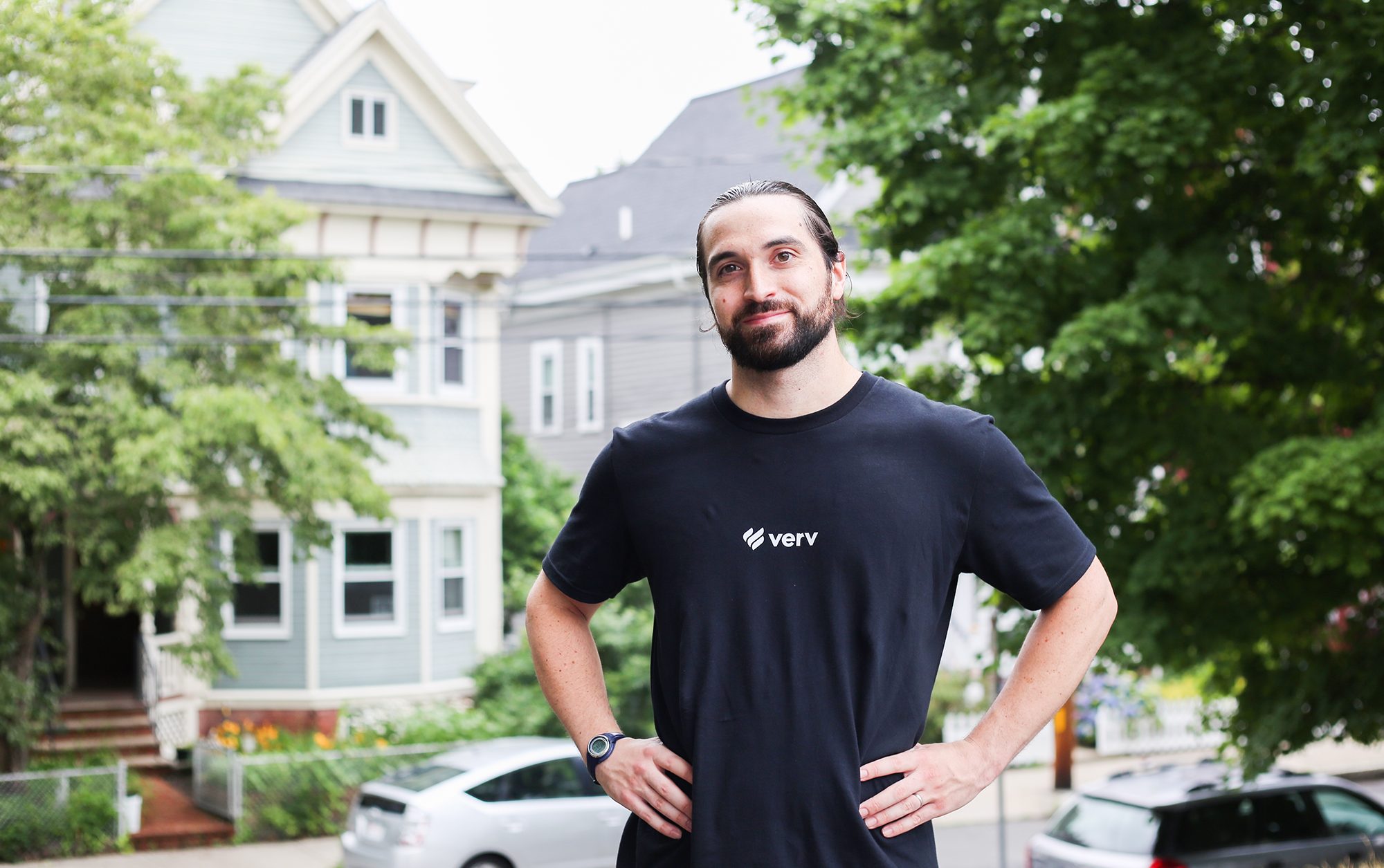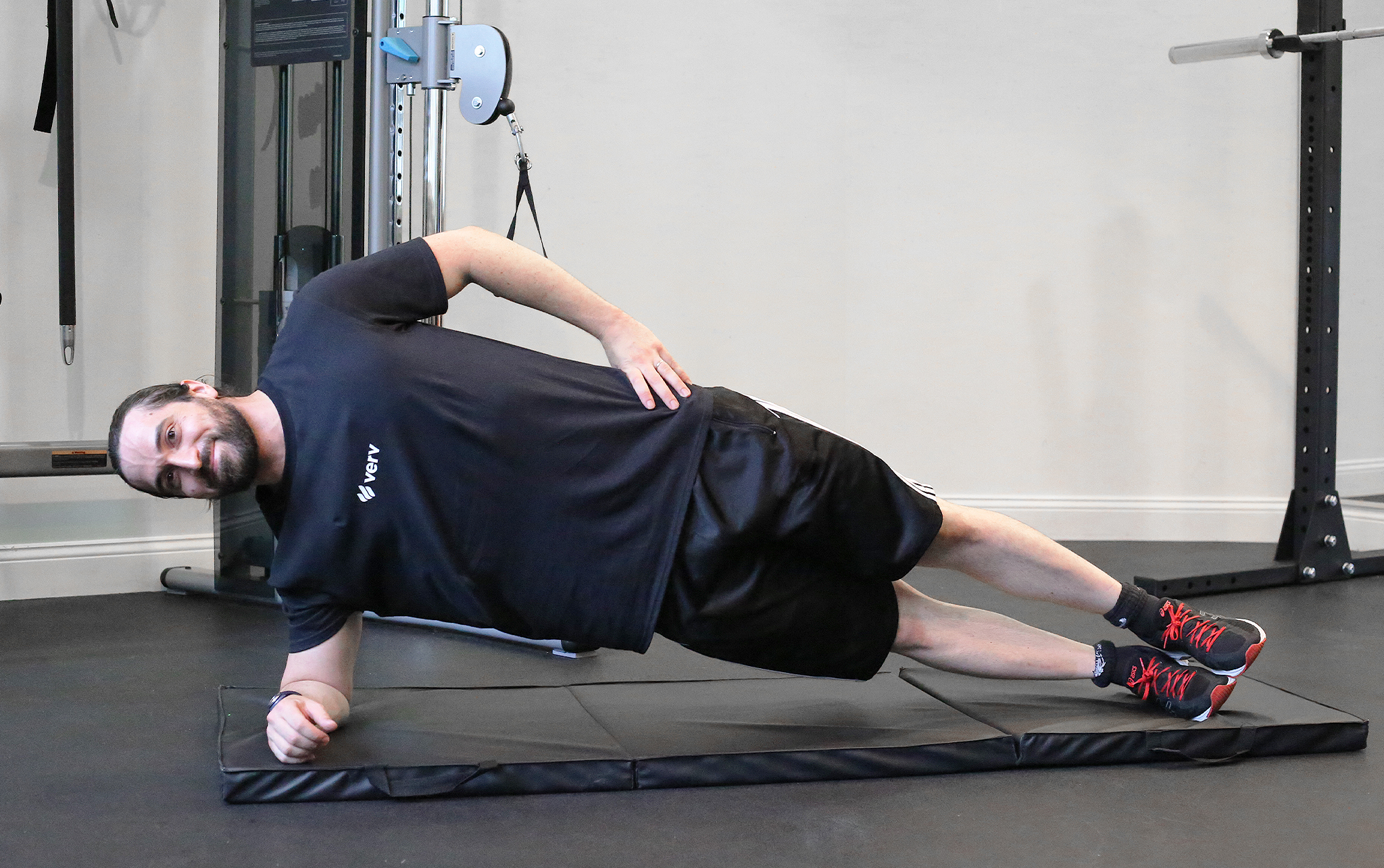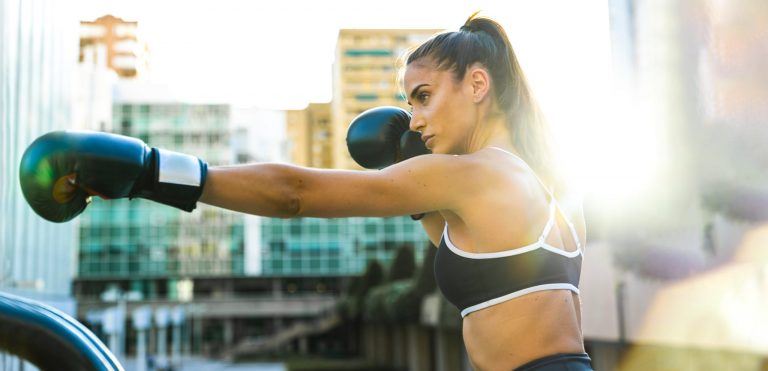We are happy to continue our monthly interview sessions, where we introduce you to fitness trainers, certified wellness practitioners, meditation gurus, and other health and wellness professionals, whom we are ever so lucky to have as our experts. This month we spent some time with John Lavoie – Olympic Weightlifter, International Triathlete, Certified Strength and Conditioning Specialist, and dancer!
John has competed in a large number of sporting events, including swimming, cycling, running triathlons, and Olympic weightlifting. He also earned his Bachelor’s degree in Exercise and Movement Science from the University of Vermont to help people improve their general health and athletic skills.
Here he answers 10 questions on training, workout motivation, health and diet, and whether women's fitness is any different from men's.
1. Hi John! Could you please tell our readers briefly about yourself.
I’m originally from Vermont USA. I have developed a love for fitness right around middle school. I’d tried lots of different sports when I was young but took a shine to running through high school. This led to a triathlon focus in college and after some international competition I decided to turn to Olympic weightlifting training.
Long story short, fitness has always been my passion, so developing my own personal training business 7 years ago made perfect sense to me.
2. How did you first get into fitness?
My middle school had a yearly presidential fitness exam. I did terrible my first couple years but was determined to get better. So, I practiced my pull-ups, sit-ups, running, and stretching as often as I could. And eventually won the competition by my 8th grade year. This simple exam taught me that whenever you set your mind to something you can excel at it.
3. In what areas do you find us – normal people – making mistakes when hitting the gym?
Some common mistakes I see in the gym are form errors and programming mistakes. Flexibility can be a big factor, but sometimes without proper guidance “normal people” may round their backs or let their knees travel at harmful angles, poor wrist angles, etc. Another one might be this: individuals jumping into programs way too quickly.
There is lots of science behind performance and programming to help keep us safe and healthy. So, if your first bicep curls were 5lbs, jumping to 40lbs the next week usually isn’t a safe idea.
4. It’s easy to lose workout motivation. What motivates you to defy the odds of physical fitness?
I always need to have a goal. Both micro and macro. Each training session I focus on better form, or increasing my max weight lifted but by a very tiny measure.
With triathlons I would always hit higher average heart rates for race pace, slowly over time. My macro goals have always been big competitions. Triathlon world championships prep in college and hopefully making the weightlifting Olympic team as a longer term goal.
This isn’t to say everyone needs to have crazy competition goals to stay motivated. My advice is to look for some small successes in your journey.
For example: instead of doing cardio twice this week I did 4 sessions, I ate more fruits and veggies this week versus unhealthy snacks, I stretched 3 times this week, etc.
5. Can we eat whatever we want, and still stay in shape?
Nutrition is always a bit complicated, unfortunately. It varies a lot by genetics, activity levels, and age. When I raced triathlons and trained 6 hours a day it felt like I could eat whatever I wanted. But I’ve noticed that, as I age and focus more on weightlifting versus triathlons, I have to be a lot more strict/healthy with what is going into my body.
So, to answer your question, sometimes yes, but it’s always good to keep a healthy focus.
6. What kind of diet do you stick to? Why this diet?
I’ve tried a bit of intermittent fasting in the past and found it was a great way to tone and lose some body fat. But more recently, in order to keep my energy levels higher in my workouts, I really focus more on my macros.
Lean protein tends to be my main focus, with some carbs and fats still coming in from fruits and veggies. Both of these diets can really assist with ketosis or the body using fat cells for fuel.
7. Is there a major difference between women and men, when it comes to establishing a workout routine?
Some differences I’ve seen would be around goals. A lot of my female clients wish to tone and lose weight or just feel healthier in general. While quite a few males like to think about building build muscles while also toning.
Both genders have approached me about performance-based goals. And sometimes when I work with moms their schedules are very constricted because of their children. In those cases, we may use more online appointments and assign homework versus tons of in-person appointments.
8. What time of day do you personally consider the best for working out?
It varies a lot person to person but overall you need to be well rested and get good sleep before exercise.
I personally try to get my workouts done in the afternoon to achieve peak energy. I’ve done evening sessions before, but I tend to be tired from a long workday at that time. Early morning is great, but it tends to take my body and brain a bit of time to really wake up each day.
9. What is your all-time favorite cardio exercise?
It’s a close tie between hiking mountains and going for a nice long lake swim. I find both relaxing, yet challenging. They keep me in shape, but I have so much fun doing them that I don’t notice how hard I’m working out.
10. Do you have a specific fitness routine that helps you combat stress and anxiety?
Just like many of my clients, I’m a big fan of high intensity interval training. Whether its triathlon training or throwing heavy weight overhead, nothing relaxes me more than the high intensity bouts. I usually do low intensity cardio about 7 days a week and hard sessions every other day mainly to help prevent injuries from popping up. When the hour-long bout or longer is finished I just do a light cool down and let my body reach a state of calm. Deep breathing and meditating really relaxes me after a tough workout and a tough day.






